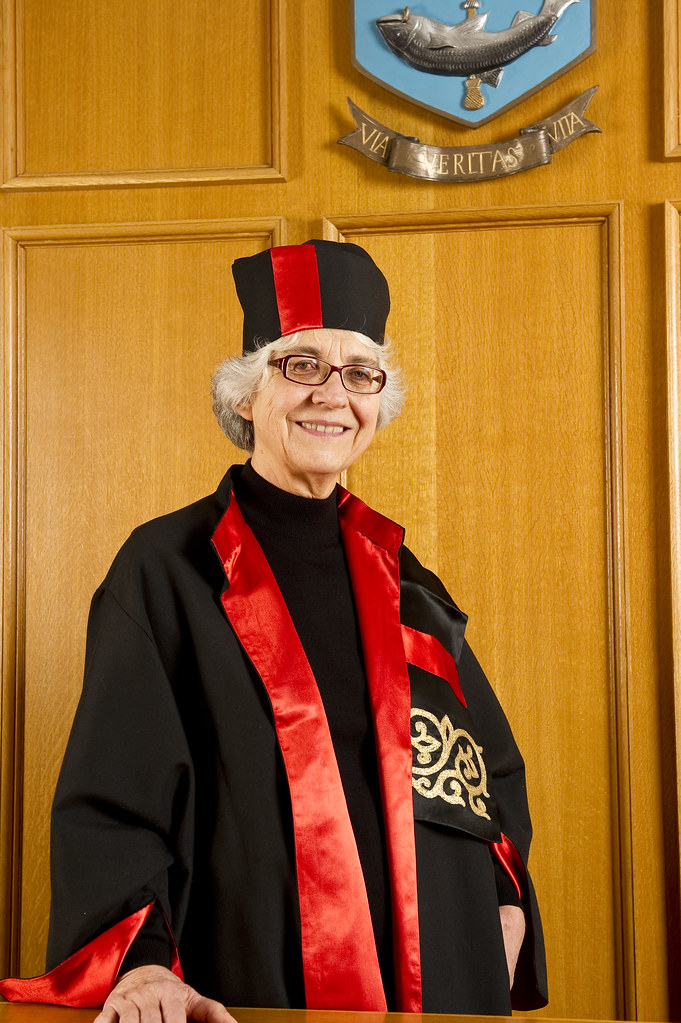Oriente Moderno 2016
Editors
Carlo De Angelo (University of Naples “L’Orientale”)
Serena Tolino (University of Zurich)
In 1945 the American sociologist Louis Wirth defined a minority as “a group of people who, because of their physical or cultural characteristics, are singled out from the others in the society in which they live for differential and unequal treatment and who therefore regard themselves as objects of collective discrimination”. However, Wirth focused not so much on relational numbers, but more on the different possibilities for minorities to have access to power. Since then, research has proceeded in several directions and minority studies became an independent field of study, especially with regard to ethnic minorities. Nevertheless, as both scholars and activists demonstrated the differentiation between a dominant group and a minority can be based not only on race and ethnicity, but also on other characteristics, like for example gender, religion, language, sexual orientation, wealth and health. At the same time, “minority” and “minorities” proved to be fruitful concepts also when used as analytical categories, in order to look at subaltern groups.
It is exactly the concept of “minorities” which is at the core of this special issue of Oriente Moderno, to be published in 2016. The main aim of the issue is to explore the relationship between Islamic Law and Minorities in different directions. We propose four directions of enquiry, but we are also open to other proposals:
Jurisprudence for Muslim minorities.
We hope to attract papers that engage with the fiqh al aqalliyyāt. It is a new branch of Islamic law, which provide guidance for Muslims living as minorities in non-Muslim countries (especially in the West)to live in accordance with the sharīʻa. Topics could include (but are not limited to):
· The history of fiqh al aqalliyyāt
· The concept of Muslim minority as developed by fuqahāʼ
· The analysis of the fatwas issued by some jurists or by some Islamic juridical councils (located in the West or in Islamic territories) concerning different topics (political participation, citizenship, military service, relations with non-Muslims, mixed marriage, clothing, etc.)
· Comparison between different schools of thought regarding the fiqh al aqalliyyāt
· Analysis of the discourse of those jurists who are against the development of fiqh al aqalliyyāt
The status of the dhimmī and the other religious minorities.
According to Human Rights Watch, ISIS is killing and threatening religious minorities (particularly Yazidis and Christians) in the territories that it has occupied, for example Mosul. The Islamic State has claimed that their actions are justified by Islamic Law. In light of this, we call for papers dealing with the juridical framework of the Muslim treatment of non-Muslims in Islamic territories, both People of the Book (extended to Zoroastrians, Mandeans and Sikhs) and others (polytheists and renegades).
Sexual minorities in Islamic Law.
We hope to attract papers that deal with those categories that could be categorized under the acronym “LGBTQI”. Even though we are aware that a discussion on the applicability of these categories should be opened, we are here using the LGBTQI acronym not as an analytical category per se, but more as an “orientation map”. Therefore, we call for papers dealing with “non-normative sexualities” and “sexual acts” in Islamic Law, using both historical concepts (e.g. the status of the hermaphrodite, the eunuch, the muḫannath, liwāṭ, siḥāq etc.), and modern concepts, like intersexuality, homosexuality, transsexuality and so on.
Minorities as legal actors.
We are not only interested in exploring how Islamic Law deals with minorities as “subjects of law”, butalso in approaching minorities as “productive” legal actors. In this sense, we aim to attract papers dealing with the legal production of minority madhāhib or groups, like, for example, ismā‘īlis, ẓāhiris, ibāḍis or zaydis.
Please send your paper proposal relating to one or more of the above themes as a word document, along with a short CV (max 1 page) to Carlo De Angelo (cdeangelo@unior.it) and Serena Tolino (serena.tolino@uzh.ch). Proposals should include the following: title of the paper, name, surname, institutional affiliation of the contributor, author’s email contact, abstract of max 500 words, 3 keywords. The abstract should include a short description of the topic and the sources which will be analysed. Abstracts and papers should be written in English.
We are keen to publish only articles dealing with Islamic Law, both classical and contemporary, and notwith positive law of Islamic countries (i.e. How minorities are treated in the national law of a given country). Previously published papers may not be submitted.
Feel free to contact the editors for informal inquiries before the submission of your proposal.
The deadline for the submission of abstracts is the 15th of March 2015. Notification of acceptance will be sent before the end of March. The deadline for submitting the articles (8000-10000 words) is 15th September 2015.
Acceptance of abstract does not automatically imply the publication of the paper, which will go throughthe double-blind review process before final acceptance.
Oriente Moderno was founded in 1921 by Carlo Alfonso Nallino and is currently directed by Prof. ClaudioLo Jacono, Director of the “Istituto per l’Oriente C.A. Nallino”, Rome. The Editorial and the Scientific Committee include university professors and researchers from different Italian and International Universities. The journal publishes scientific and original articles on all aspects of political, social, literary, and cultural aspects of the modern and contemporary Middle East, together with translated documents, news on Islamic and Arabic research in Italy and reviews of books. Oriente Moderno is currently published by Brill and indexed, between the others, by Index Islamicus, MLA International Bibliography and Dietrich’s Index Philosophicus.











